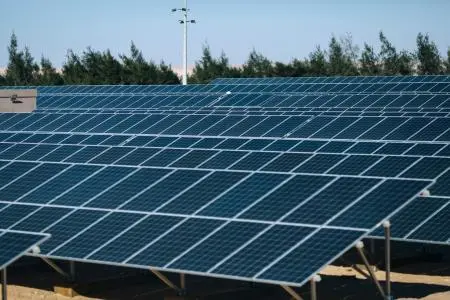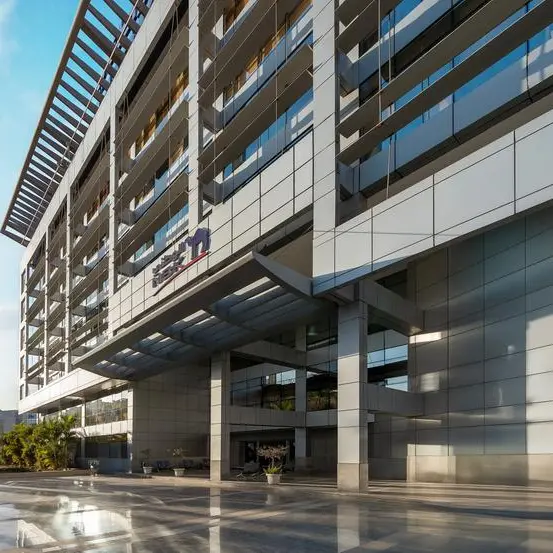PHOTO
Juhayna, one of the largest dairy & juice companies in Egypt, has recently issued its "Carbon Footprint" report for 2019 which shows the company's impact on the climate, and highlights the necessary areas of improvement to reduce emissions. Additionally, the report includes indicators of greenhouse gases, together with direct and indirect emissions from the main activities of the company. In fact, this came as part of Juhayna’s efforts to reduce its contributions to greenhouse gas emissions that take place across all company sites.
This report provides comprehensive results and analysis, showing that the total greenhouse gas emissions of Juhayna's business in 2019 amounted to 283,244.76 tons of Carbon Dioxide equivalent, which is less than the average emissions from similar global companies.
Commenting on the report, Passant Fouad, External Relations Director at Juhayna said: “Juhayna is proud of publishing its "Carbon Footprint" report, confirming that the company recognizes the need to work towards the protection of the environment while meeting the needs and securing sustainable development of current and future generations. Although the company produces less than the average emissions, in comparison with other similar global companies, we believe that there is still room for further improvements that need to be made. Therefore, the company has proposed implementing projects that require more innovation and research, with the aim of reducing its carbon footprint by 15% in three of our essential sectors namely; Manufacturing, Agriculture, and Distribution by the year 2025.”
Moreover, Fouad added: “The report showcases the environmental impact’s assessment process of our activities, and highlights how our carbon footprint comes in line with the Global Sustainable Development Goals (SDGs), along with Egypt's 2030 vision. Being one of the largest producers of dairy and juice in Egypt, we are well and fully aware of the current and future impact of climate change, especially since Carbon Dioxide emissions and other greenhouse gases are deemed as one of the key causes of global warming. These harmful emissions have a direct impact on the deterioration of the environmental situation in the world, and therefore the interest in finding a solution for this problem is a positive step towards reaching a more sustainable environment.”
It is worth noting that the “Carbon Footprint” report was issued by a specialized team that gathered and analyzed data over 7 months. Besides, it confirms the company's commitment to the most important environmental practices, making Juhayna a remarkable model for similar institutions in the Middle East region, which consequently affirms its steadfast leadership locally, regionally, and internationally in its field.
-Ends-
© Press Release 2021
Disclaimer: The contents of this press release was provided from an external third party provider. This website is not responsible for, and does not control, such external content. This content is provided on an “as is” and “as available” basis and has not been edited in any way. Neither this website nor our affiliates guarantee the accuracy of or endorse the views or opinions expressed in this press release.
The press release is provided for informational purposes only. The content does not provide tax, legal or investment advice or opinion regarding the suitability, value or profitability of any particular security, portfolio or investment strategy. Neither this website nor our affiliates shall be liable for any errors or inaccuracies in the content, or for any actions taken by you in reliance thereon. You expressly agree that your use of the information within this article is at your sole risk.
To the fullest extent permitted by applicable law, this website, its parent company, its subsidiaries, its affiliates and the respective shareholders, directors, officers, employees, agents, advertisers, content providers and licensors will not be liable (jointly or severally) to you for any direct, indirect, consequential, special, incidental, punitive or exemplary damages, including without limitation, lost profits, lost savings and lost revenues, whether in negligence, tort, contract or any other theory of liability, even if the parties have been advised of the possibility or could have foreseen any such damages.




















